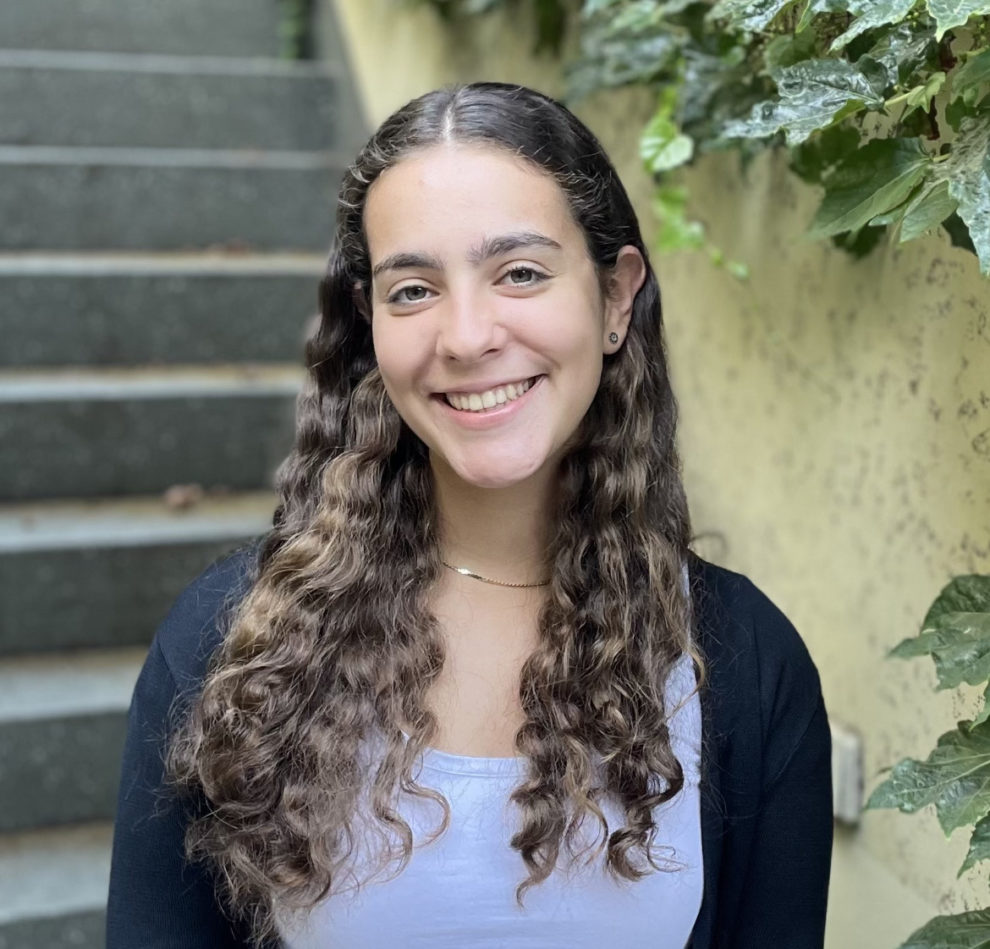There is so much we take for granted living where we do. For example, we can go to the library and find books on whatever topics we choose, even ones that are controversial. This isn’t so in a growing number of communities in the United States as the culture wars turn libraries and classrooms into battlefields, using book bans as a weapon to try to enforce a particular view of the world.
Book banning is a serious problem, and it is currently at an all-time high. In states such as Florida, books addressing the lives of people of color and the LGBTQ community are being banned in classrooms. Librarians, teachers, and authors need to walk on eggshells about what they can say in a classroom and what they can write about to avoid being targeted by conservative school boards and politicians. Since 2021, schools have banned books 2,532 times, ignoring the fact that the books they ban are important building blocks of cultural education that reflect historical realities and lived experience. The book Stamped by Ibram X. Kendi and Jason Reynolds was subject to five book bannings due to its candid depiction of racism. I believe that this constitutes censorship that violates the First Amendment to the U.S. Constitution, as well as citizens’ rights to freedom of speech.
Politicians who are banning books believe that their content is unimportant or incorrect. However, the experiences described in these banned books have been lived by people. When books about their experiences are banned, their experiences become invalidated. When books fail to portray a full spectrum of viewpoints, races, ethnicities, and lifestyles, our society does a major disservice to the children we seek to educate, because we fail to reflect their own images back to them. I believe that this can lead to feelings of isolation, depression and anxiety. It is also vital for students and children to be educated about those who are different from them, and exposed to topics that are controversial, in order to build a thoughtful and informed generation of young people who will meaningfully contribute to our diverse society.







